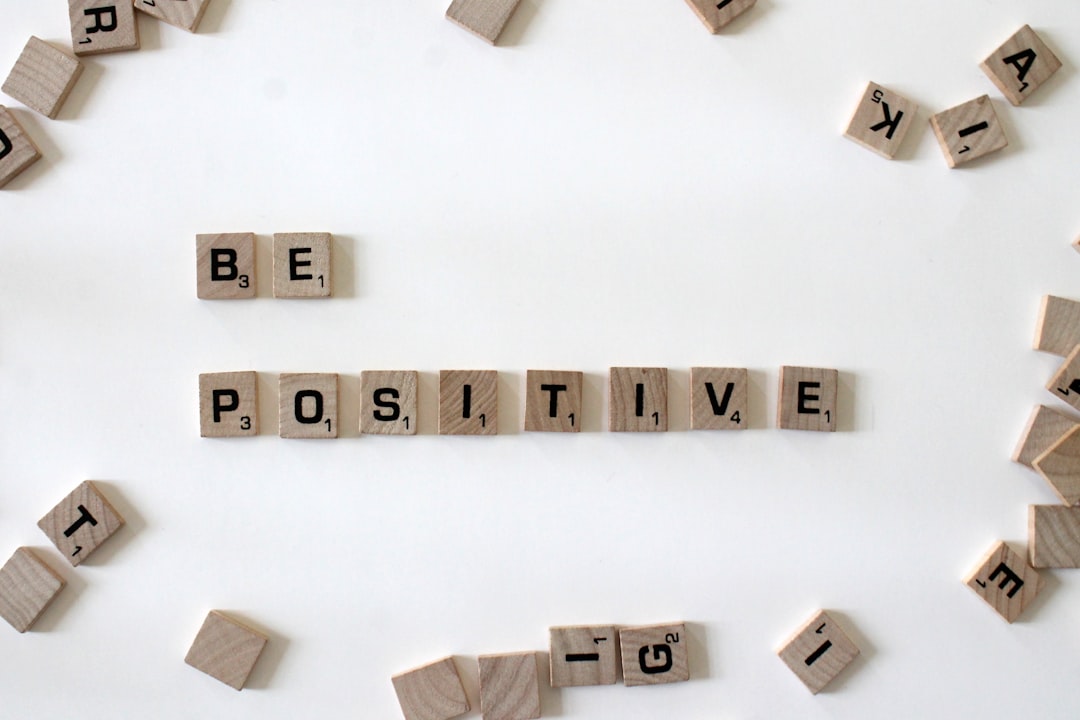
Unlocking Resilient Mindset for Optimal Wellness and Joyful Living
In today’s fast-paced world, cultivating a resilient mindset is crucial for achieving optimal wellness and experiencing joyful living. A resilient mindset helps you navigate life’s challenges, fosters emotional strength, and promotes overall health. This guide will delve into actionable strategies, the latest research findings, and common misconceptions surrounding resilience, equipping you with the tools to enhance your mental and physical well-being.
Understanding Resilience
Resilience refers to the ability to adapt and bounce back from adversity, stress, or trauma. It is a critical skill that can significantly impact your health and happiness. Research shows that individuals with a resilient mindset tend to experience lower levels of anxiety, depression, and stress-related health issues. They are more likely to maintain a positive outlook and engage in healthy lifestyle choices.
The Science Behind Resilience
Recent studies highlight the neuroplasticity of the brain, indicating that resilience can be developed and strengthened over time. Engaging in practices that promote resilience can lead to changes in brain function and structure, enhancing emotional regulation and coping strategies. Key factors contributing to resilience include:
- Social Support: Strong relationships and a supportive community provide a buffer against stress.
- Emotional Awareness: Understanding and managing your emotions fosters better coping mechanisms.
- Goal Setting: Setting realistic goals gives a sense of purpose and direction, essential for maintaining mental health.
Practical Strategies for Developing a Resilient Mindset
1. Practice Mindfulness and Meditation
Engaging in mindfulness practices such as meditation can significantly enhance your ability to cope with stress. Mindfulness helps you stay present, reduces anxiety, and fosters a sense of calm. Aim for at least 10-15 minutes of mindfulness meditation daily.
2. Foster Strong Connections
Building and maintaining relationships is vital for resilience. Surround yourself with positive influences, engage in meaningful conversations, and seek out social activities that promote connection.
3. Embrace Failure as a Learning Opportunity
One common misconception is that resilience means being unaffected by failure. In reality, resilient individuals view setbacks as opportunities for growth. Reflect on your experiences, learn from mistakes, and adjust your approach moving forward.
4. Prioritize Self-Care
Physical health plays a significant role in mental resilience. Incorporate regular exercise, a balanced diet, and sufficient sleep into your routine. Nutrition, in particular, is linked to mental health; foods rich in omega-3 fatty acids, antioxidants, and vitamins can enhance mood and cognitive function.
5. Adopt a Growth Mindset
Cultivating a growth mindset allows you to view challenges as opportunities to improve. Embrace change, remain open to new experiences, and focus on continuous self-improvement.
Overcoming Common Misconceptions
Misconception: Resilience is Innate
Many people believe resilience is a trait one is born with. In reality, resilience can be developed through practice and experience. Anyone can cultivate a resilient mindset with the right tools and support.
Misconception: Resilience Means Constant Positivity
Another common myth is that resilient individuals never feel negative emotions. It’s essential to acknowledge that experiencing a range of emotions, including sadness and frustration, is a natural part of life. Resilience involves processing these emotions constructively rather than suppressing them.
Encouragement for Your Wellness Journey
Developing a resilient mindset is a journey that requires patience and practice. Remember that setbacks are a part of the process, and it’s okay to seek help when needed. Surround yourself with supportive individuals, and don’t hesitate to explore resources like books, podcasts, or workshops focused on resilience and well-being.
Further Reading and Resources
For those looking to dive deeper into the subject, consider exploring the following resources:
- The Resilience Factor by Karen Reivich and Andrew Shatté
- Mindfulness-Based Stress Reduction (MBSR)
- Positive Psychology Center
By prioritizing your mental and emotional health, you can unlock a resilient mindset that fosters optimal wellness and joyful living. Embrace the journey, and remember that every step you take counts towards a healthier, happier you.
Feel free to share this article with friends and family or subscribe to our newsletter for more health tips and insights on wellness!


